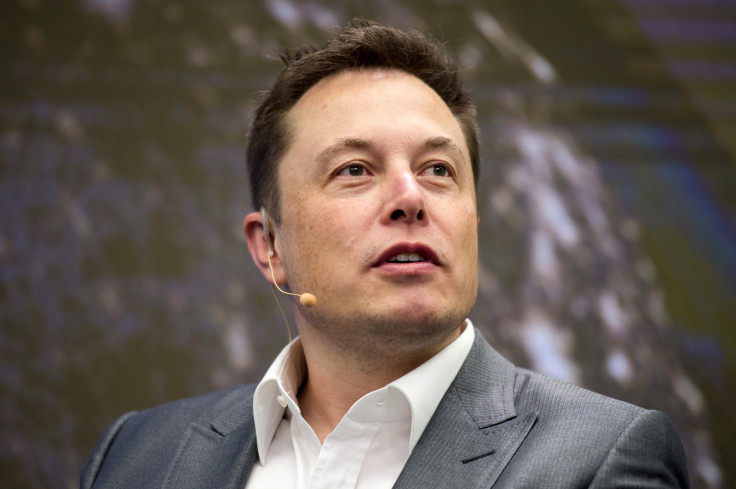Neuralink: Elon Musk promises working demonstration of his latest project this Friday
Human trials were originally slated to start this year, but it has likely been cancelled due to the coronavirus outbreak.
Ever since it was first announced by Elon Musk in 2016, the startup called Neuralink has been an enigma for the tech industry. Unlike the billionaire visionary's other projects which had a clear-cut goal such as Tesla, SpaceX, and The Boring Company, it did not reveal much until just recently. Last month, it was finally announced that the technology behind it will offer a brain-computer interface unlike any before. Instead of an accessory, the system will rely on an implant, which will be reportedly demonstrated on Friday, Aug. 28, 2020, at 3 p.m. PT.
So far, the details that have been published suggest that Neuralink can be used by humans to directly communicate and control certain computers or machines. In fact, based on Elon Musk's reply to a question asked by a Twitter user, it can purportedly allow people to stream music directly to their brains. Perhaps the most fascinating feature that has sparked interest among the medical community is its applications related to psychological disorders.
It is currently not known to what Musk's Neuralink presentation will include. From what the company has shared, the implant procedure is practically as efficient and quick as a Lasik laser eye surgery. Moreover, it will be performed by a cutting-edge robot with some safety measures in place. According to the entrepreneur, the presentation will showcase "neurons firing in real-time... the matrix in the matrix," according to the Independent.
Human trials were originally slated to start this year, but it has likely been cancelled due to the coronavirus outbreak. Nevertheless, the team behind the project were already able to test it on animal subjects. Another bold claim from Musk include enhancements that "could extend the range of hearing beyond normal frequencies and amplitudes."

Meanwhile, those who suffer from anxiety, panic, and depression could benefit from Neuralink as it triggers the production of chemicals to correct the imbalance. In February, Musk tweeted: "Don't want to get too excited, but the potential is truly transformational for restoring brain & motor functions." The device is connected to the brain via ultra-thin electrodes which then lead to pod that sits just behind the ear. Questions are definitely going to be answered soon.
© Copyright IBTimes 2025. All rights reserved.





















